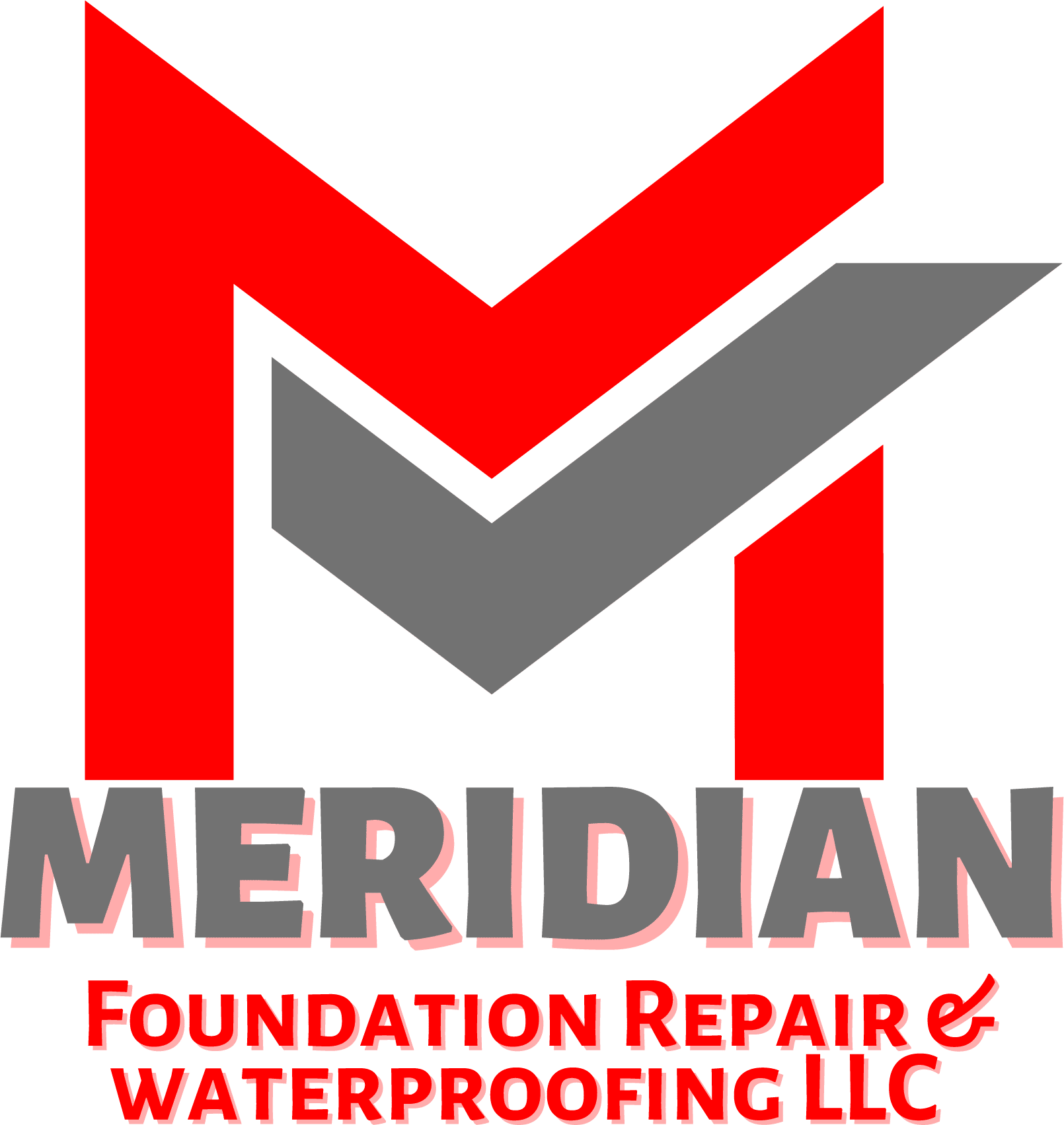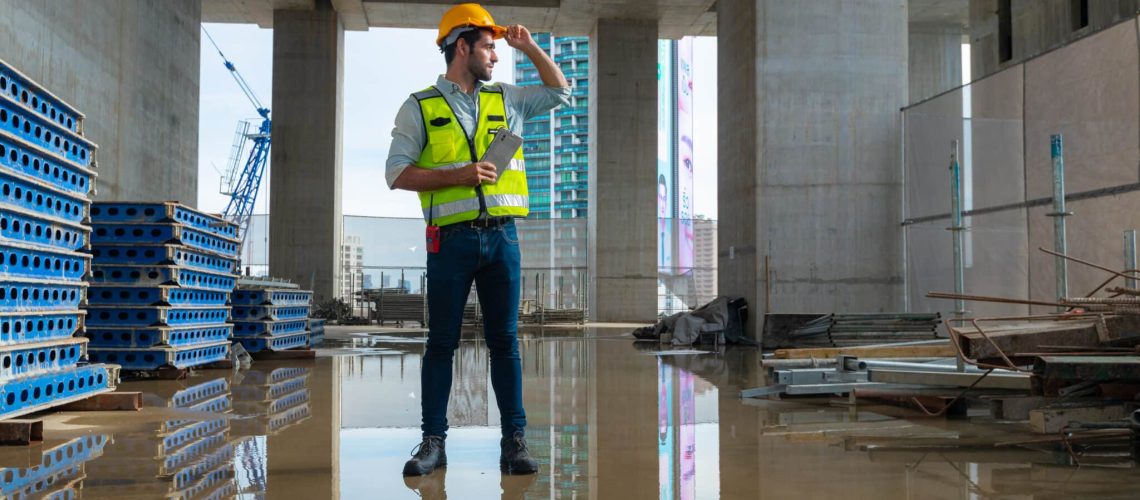When it comes to household problems, water damage is among the most prevalent and expensive ones. It can easily ruin your home regardless of the cause, be it a natural disaster, a plumbing problem, or a structural issue – and this is something no one wants to deal with. There are a number of things you can do ahead of time to safeguard your house from water damage, so let’s check them out together:
What Causes Water Damage?
Knowing what causes water damage is essential before tackling any preventative measures. For example, roof leaks, broken pipes, malfunctioning appliances, blocked gutters, and foundation fissures are some of the most common causes of water damage. Natural catastrophes like hurricanes and floods also pose a significant risk of water damage. To begin protecting your house, you must first become aware of these dangers.
Regular Inspections And Maintenance
The best way to avoid water damage is to do inspections and maintenance regularly. We suggest starting with your roof and ensuring that the flashing surrounding chimneys and vents is unbroken. Also, check for shingles that are missing, cracked, or curling. The best way to keep water out of your house is to keep the roof in good condition.
Next, plumbing. Be sure to check the areas surrounding water heaters, toilets, and sinks for any signs of leakage. Keep an eye out for discoloration or traces of dampness on ceilings and walls. These might be indications of concealed leaks. Make sure all connections are tight and replace any pipes that are old or rusty.
Just as important is the condition of the foundation of your property. Look for shifting or fractures in the base, because it may be necessary to call a professional if the break is too large to be sealed with epoxy. To further avoid water seepage into your basement or crawl space, ensure that the ground surrounding your property slopes away from the foundation.
Maintenance Of Gutters And Downspouts
The function of gutters and downspouts in diverting water away from a house is fundamental. Overflowing water from blocked or broken gutters can pool around your foundation, creating a breeding ground for water damage and potential leaks. At least twice a year, clear out your gutters of leaves, debris, and anything else that might clog them. For water to not collect at the house’s foundation, downspouts should go a minimum of five feet away.
To avoid blockages and lessen the frequency of cleaning, gutter guards are a good investment. If you want your gutters and downspouts to continue doing their job, you should check them often and fix any damage you find.
Drainage Systems And Sump Pumps
To keep water out of basements and crawl spaces, sump pumps are a must-have for homeowners. You can keep water out of your basement with the help of a sump pump. Before the rainy season begins, make sure your sump pump is in good operating condition by testing it regularly. If you want your sump pump to continue working even if the power goes out, you might want to think about using a battery backup system.
Do not forget to install a drainage system to efficiently divert water away from your house. For instance, you may install French drains to divert water away from your foundation and stop it from pooling.
Efficient Landscaping
The way water flows around your property is greatly affected by landscaping. Water should not pool around your foundation, so have your yard graded accordingly. If you want to keep your foundation and underground pipes in good condition, it’s best to keep invasive tree and shrub root systems away from your house. To stop soil erosion and soak up excess water, use moss in flower gardens.
To lessen the impact of runoff and flooding, you might want to think about putting in rain gardens or swales. Protect your house from water damage while enhancing the beauty of your landscaping with these natural alternatives.
Protecting Door And Window Frames
Water often finds its way in through open doors and windows. Check for holes or cracks in the weather stripping around your windows and doors frequently. You may make sure there’s no water seepage by replacing broken or worn weather stripping and caulking. Storm windows and doors can provide extra protection in areas that often experience severe rainfall.
Maintenance For Appliances
Failure to adequately maintain common household equipment like washing machines, dishwashers, and refrigerators can also lead to water damage. Hoses and connectors should be checked for leaks and signs of wear regularly. Hoses made of stainless steel braiding are more long-lasting and resistant to ruptures, therefore you should replace your old ones with these.
Leveling appliances is essential to avoid water damage caused by pooling. Furthermore, think about getting a water leak monitoring system that can notify you when there is a leak and cut off the water supply to stop any further damage.
Basement Waterproofing
The subterranean placement of a basement makes it more susceptible to water damage. Adding a waterproof coating to your basement might make it even more secure. The first step is to use epoxy or a waterproof sealer to cover any holes in the flooring and walls. Protect the inside walls from water damage by covering them with a waterproof material. Also, to lower the relative humidity and stop mold from growing, you might want to put in a dehumidifier.
Checking The Levels Of Humidity
Condensation, caused by extremely high humidity, fosters the growth of mold and water damage. If you want to know how humid your house is, you can use a hygrometer. Maintaining a relative humidity of 30% to 50% indoors is considered ideal. If you want to keep the humidity just right in wet places like bathrooms and basements, use a dehumidifier.
Rooms that are likely to become wet, including restrooms and kitchens, need to have adequate ventilation. To lower the relative humidity and avoid condensation, use an exhaust fan while you’re in the kitchen or shower.
Emergency Readiness
You can never be too prepared for water damage. It can still occur due to unforeseen circumstances and natural catastrophes, no matter how careful you are. You can lessen the blow of emergencies by being ready for such cases. In a watertight container, store an emergency kit with flashlights, batteries, a first aid kit, and crucial papers. In the event of a big water leak or pipe rupture, be familiar with the steps to turn off the main water supply to your house.
If you happen to call a flood-prone location your home, you might want to look into getting flood insurance. Proper coverage can offer financial security and peace of mind, as standard homeowners’ insurance plans frequently do not address flood damage.
To Sum Up
Finally, it’s important to be prepared for emergencies and to do routine maintenance to keep water damage at bay. Houses may be protected from water damage and expensive repairs can be avoided by identifying and fixing possible sources of water damage. To keep your house dry and secure, be watchful, fix problems quickly, and invest in prevention.


